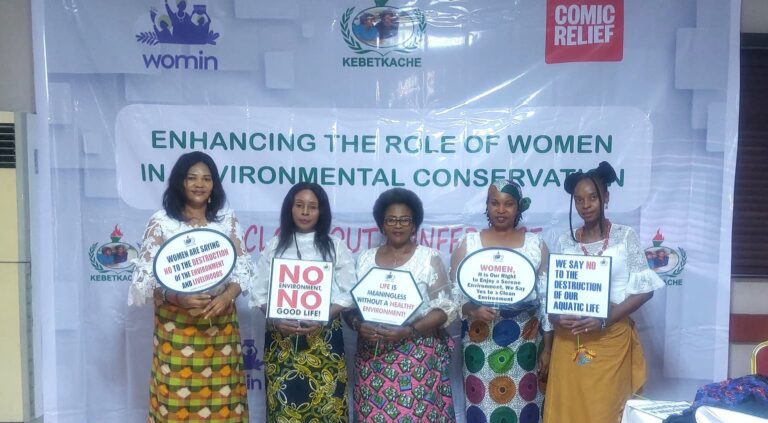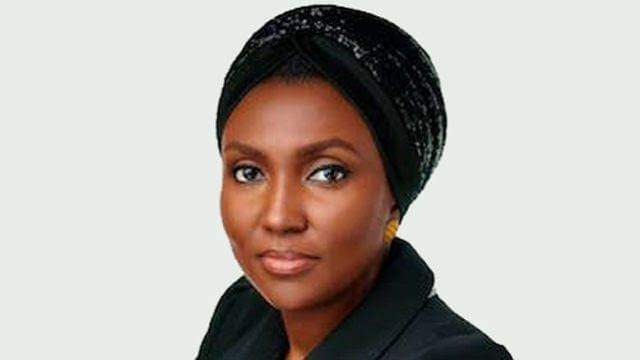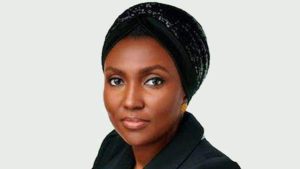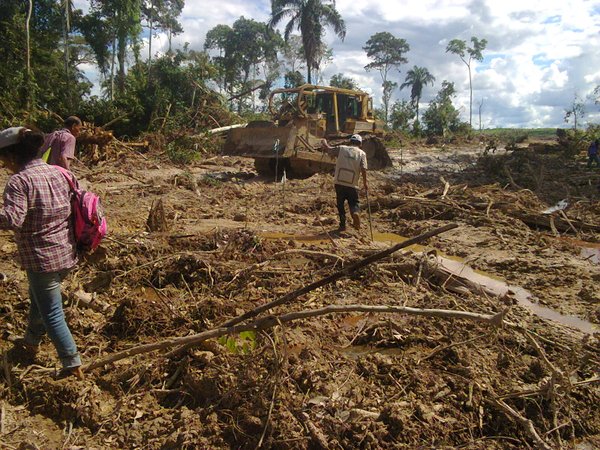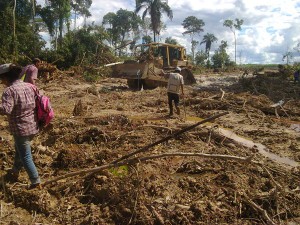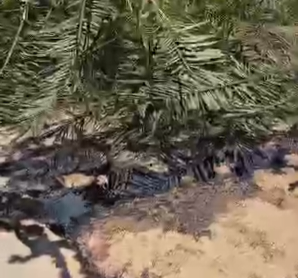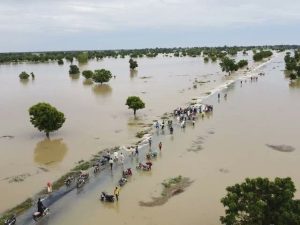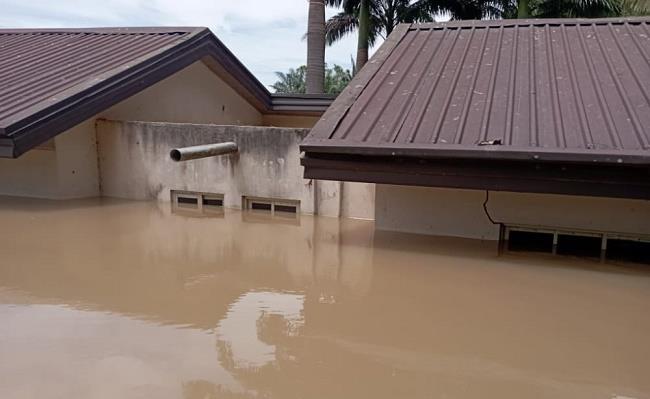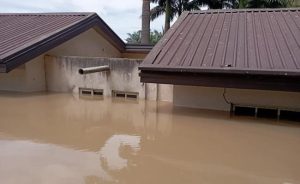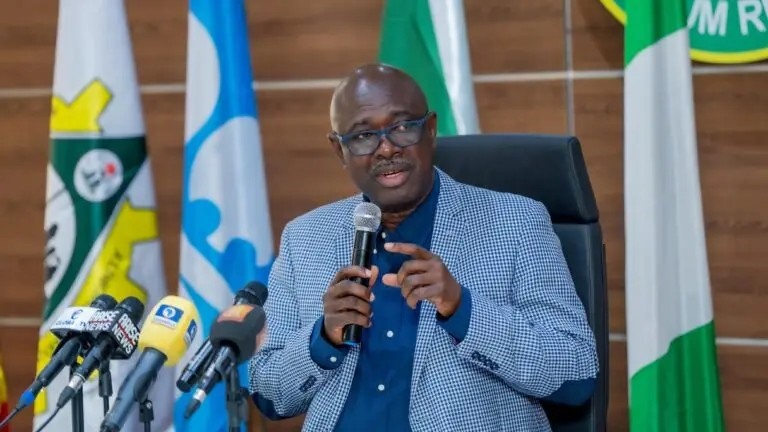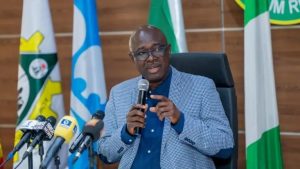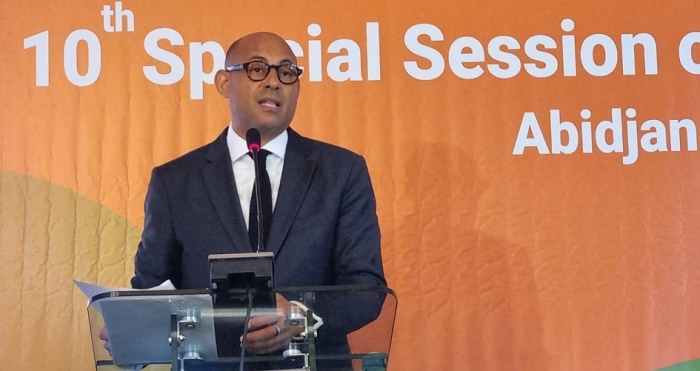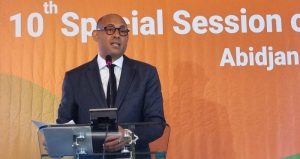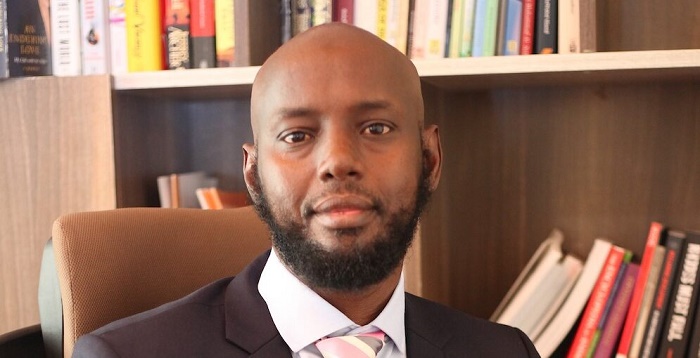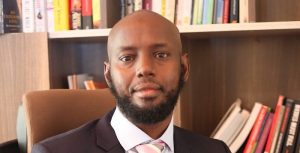The Kebetkache Women Development and Resource Centre has told women in the Niger Delta to speak up against environmental injustices arising from oil extraction in their communities.
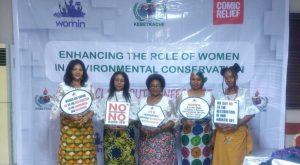
Dr Emem Okon, the Executive Director of the Rivers-based advocacy group, made the call in Port Harcourt on Friday, September 6, 2024, at a conference on the Power-up Project in Nigeria.
At the conference with the theme: “Enhancing the Role of Women in Environmental Conservation”, Okon said that women held a critical stake in the call for environmental justice in the Niger Delta region.
Okon said that the power-up project was organised to empower grassroots women in identified project sites across Nigeria and Zimbabwe to speak up against environmental injustice.
“Women should be in the forefront of the agitation for measures to mitigate the impacts of oil extractions in their communities.
“The threat on the ecosystem by climate change is a call on communities to take actions towards protecting their environments,” she said.
She said that oil and gas communities had continued to suffer from land degradation due to oil extraction activities.
She said that the effect of oil exploration and extraction on the environment had aggravated hunger, crime and declining sources of livelihood.
“The communities have the responsibility to protect their land from abuse, they must raise their voices against injustices.
“Women suffer health challenges, including cancer and reproductive issues due to pollution from oil extraction.
“There is need to continue saying no and urging duty bearers to address pollution in the communities until justice is achieved,” she said.
The executive director stated that women should endeavour to actively advocate for clear development visions for their communities.
She said that the power-up project, sponsored by UK-based Comic Relief, was being implemented in Nigeria by Kebetkache in collaboration with partners from Zimbabwe and South Africa.
She said that the scheme, launched in Akwa Ibom and Rivers in 2020, had trained women to assert their rights towards rejecting harmful resource extraction practices.
According to her, the initiative has engaged women from Abua, Nsisioken, and Okwuzi communities in Rivers, as well as Ibeno in Akwa Ibom, in diverse local advocacy actions.
“These actions included campaigns for women’s access to land, clean water, and inclusion in community development committees.
“Some of the women engaged in tree planting in their communities, stakeholders dialogue, story-telling sessions, and advocacy for inheritance rights, among others,” she said.
In a keynote address, Mrs Nkemdirim Odoya, Director of Forestry, Rivers State Ministry of Agriculture, reiterated the vital roles that women could do to enhance environmental safety and conservation.
She said that it was not in doubt that women played prominent role in safeguarding herbs and medicinal plants in local communities.
“Women are the gatekeepers that discourage and prevent people from destroying medicinal plants.
“It is important that they are empowered financially to enhance their conservation efforts in the communities,” she said.
Odoya emphasised the ecological importance of trees in purifying air, enriching the soil, conserving water, and providing habitats for wildlife.
By Desmond Ejibas

